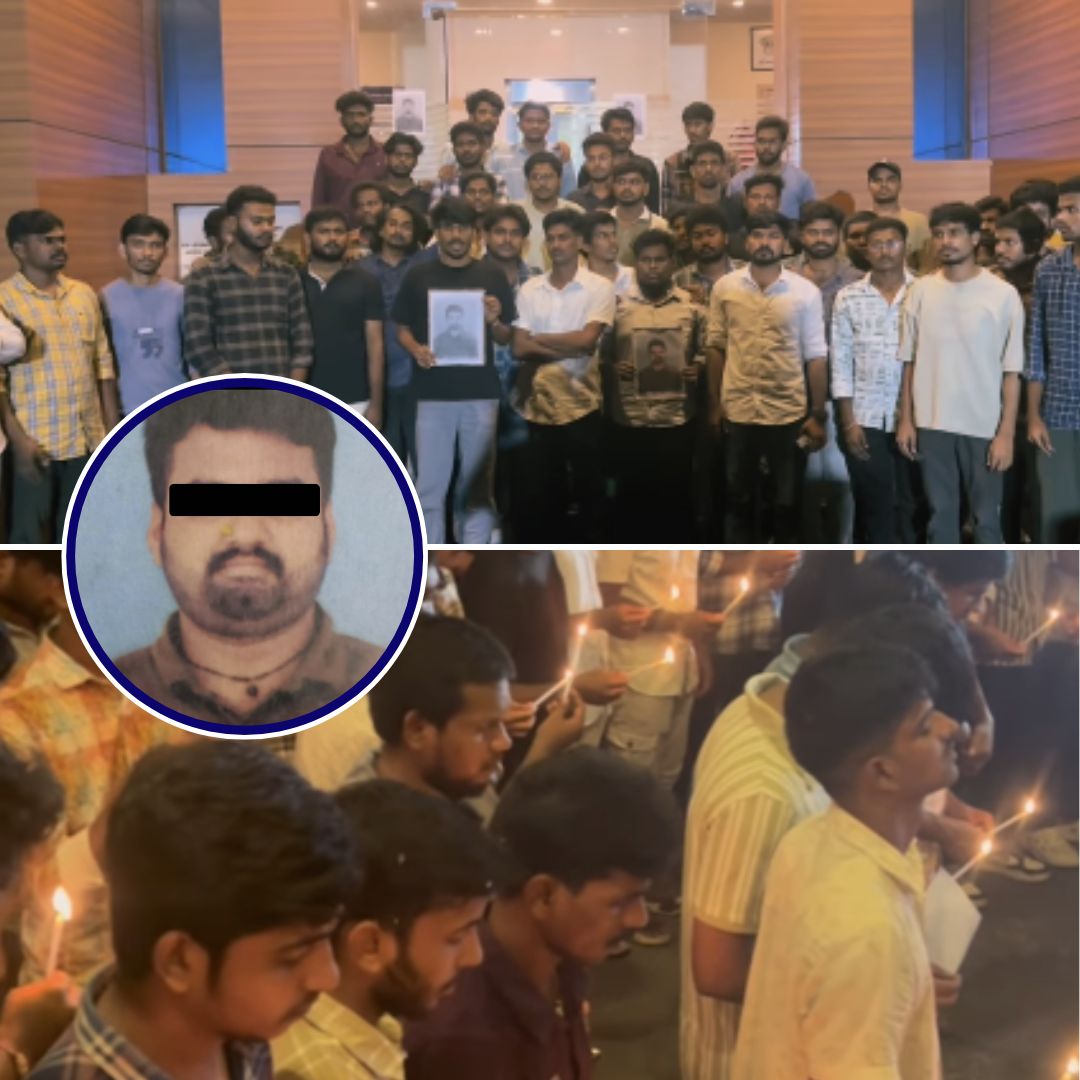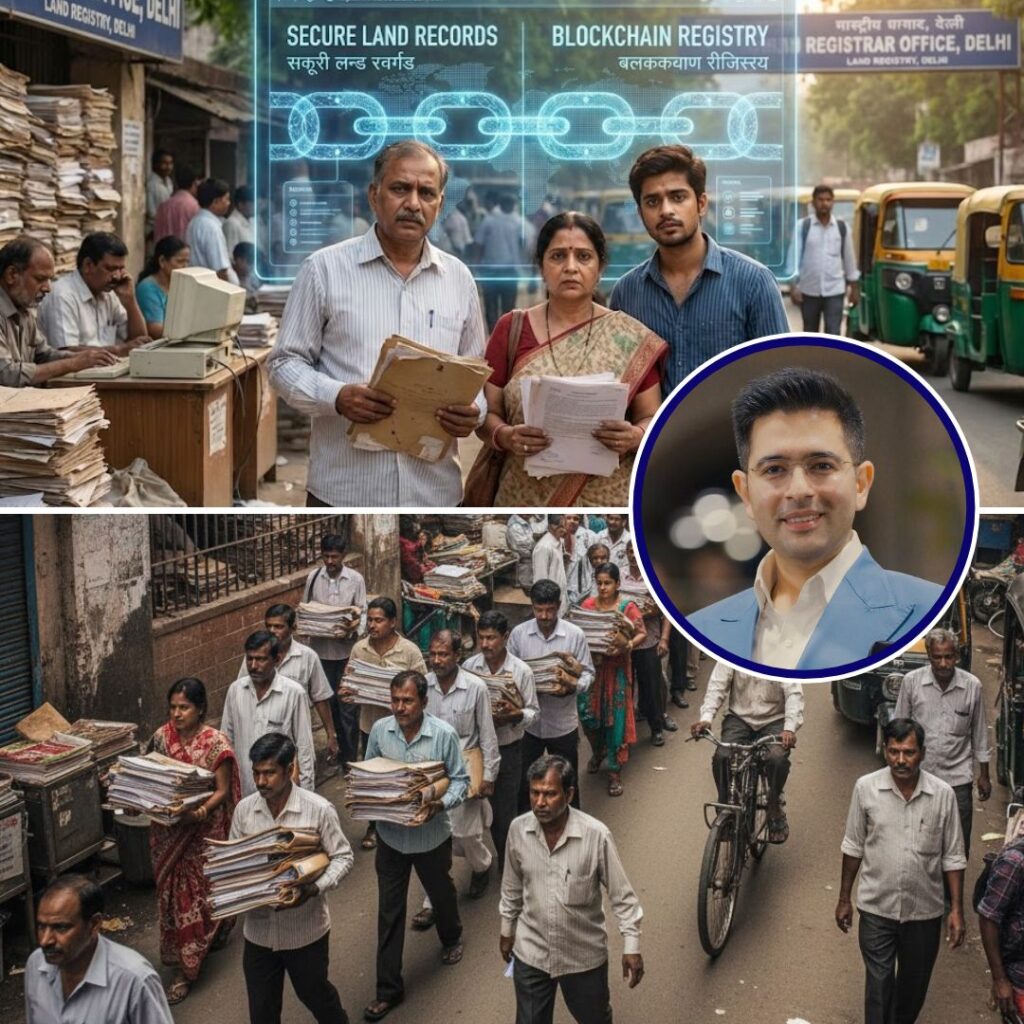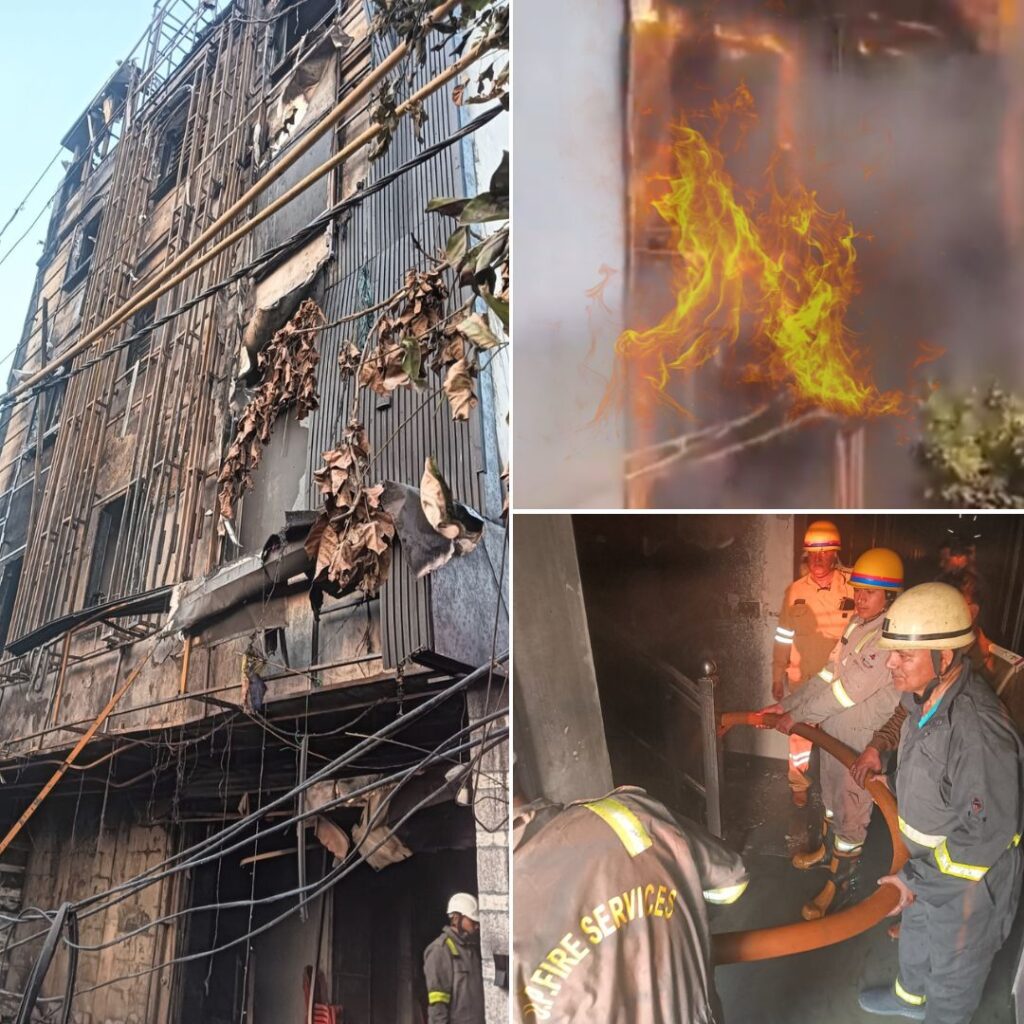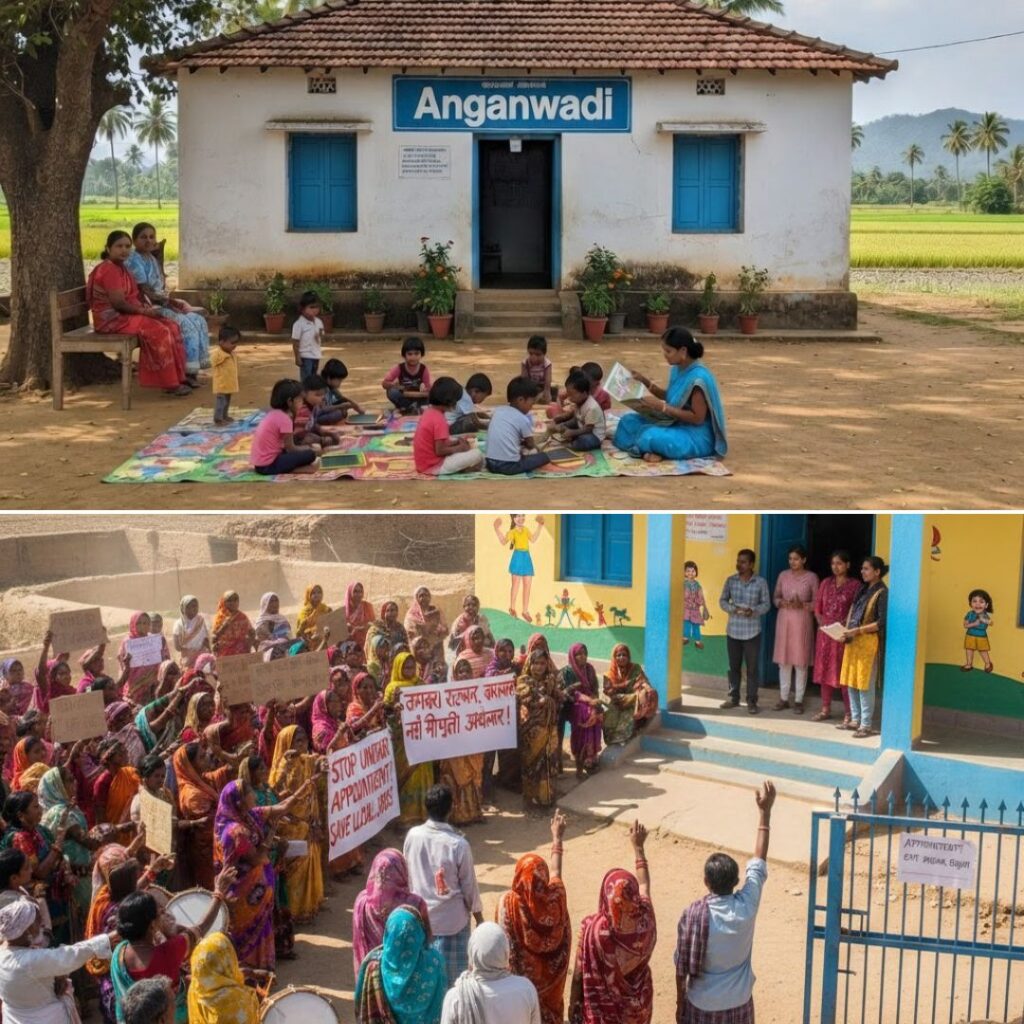The recent demise of B.Ed student V. Venkata Sai Manikantha at Andhra University has ignited intense protests across the campus, spotlighting glaring deficiencies in the university’s healthcare system and administrative response.
Manikantha fell critically ill and collapsed in his hostel on September 25, but the university ambulance, lacking essential medical equipment such as oxygen, could not provide adequate emergency care. He passed away before reaching King George Hospital, sparking allegations from students that his death was avoidable and a result of sustained negligence.
The Vice Chancellor, Prof. G.P. Rajasekhar, was accused of dismissing student concerns as unruly behaviour when they marched to his office demanding answers.
Student Protests and Call for Bandh
In response to this tragedy, Andhra University students have called for a university bandh, shutting down academic activities as a form of protest to demand justice for Manikantha. The protests have amplified into a broader movement demanding systemic reforms including clearing pending salary arrears, reforming recruitment to prevent fraud, suspending management quotas, changing examination patterns, holding regular student elections, and expediting scholarships and fee reimbursements.
Disha student union representative Avinash, in a video, condemned the administration’s handling, stating, “This was not an accident but the result of years of government neglect and university apathy.” The bandh, supported widely by students and various unions, reflects deep-rooted dissatisfaction extending beyond the immediate tragedy.
University Response and Measures Announced
After considerable public pressure, university authorities acknowledged shortcomings in their medical infrastructure. Vice Chancellor Rajasekhar expressed sorrow and assured that efforts to strengthen healthcare services on campus are underway, including the recruitment of doctors, pharmacists, and nurses through walk-in interviews.
In an article by Deccan Chronicle, Registrar Acharya K. Rambabu confirmed that recruitment processes are ongoing to fill key medical staff vacancies. Despite these actions, many students remain sceptical, demanding transparency, accountability, and even the resignation of the Vice Chancellor for perceived failures in leadership.
The VC also mentioned that Manikantha’s family did not raise concerns about the circumstances and that he personally assisted them through the hospital formalities.
Student Protests Across India
Student protests have increasingly become a powerful force in India’s social and political landscape in 2025, highlighting widespread frustrations over issues like administrative negligence, poor infrastructure, and governance failures.
From demands for better healthcare and transparent recruitment processes to protests against exam mismanagement and calls for recognition of marginalized communities, students across the country are asserting their rights with vigour.
These movements often involve peaceful rallies, strikes, and bandhs, reflecting young people’s determination to shape a more accountable and equitable future.
The Logical Indian’s Perspective
The tragic death of V. Venkata Sai Manikantha is a stark reminder of how critical it is for educational institutions to invest in robust healthcare infrastructure and prioritise student welfare. The administrative response must go beyond issuing statements and promises; it requires meaningful, transparent, and timely action to rebuild trust and safeguard the wellbeing of students.
Respect for student voices, empathy, and administrative accountability are non-negotiable in creating a safe learning environment.












